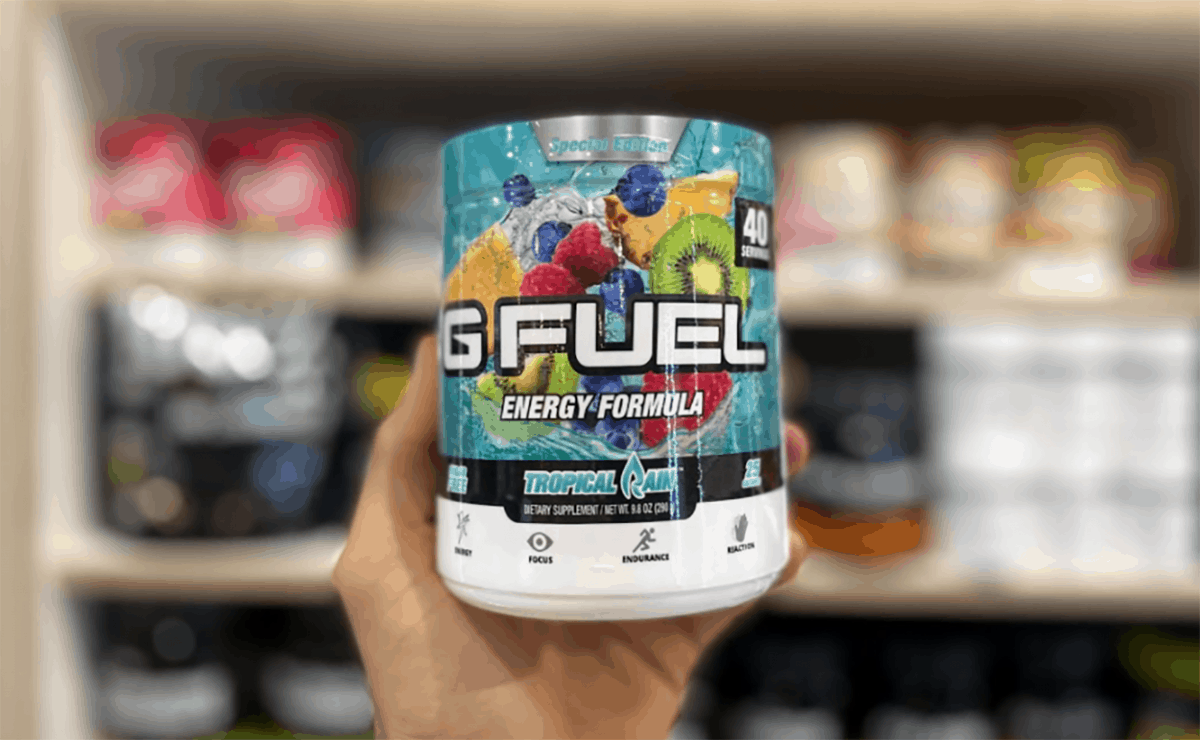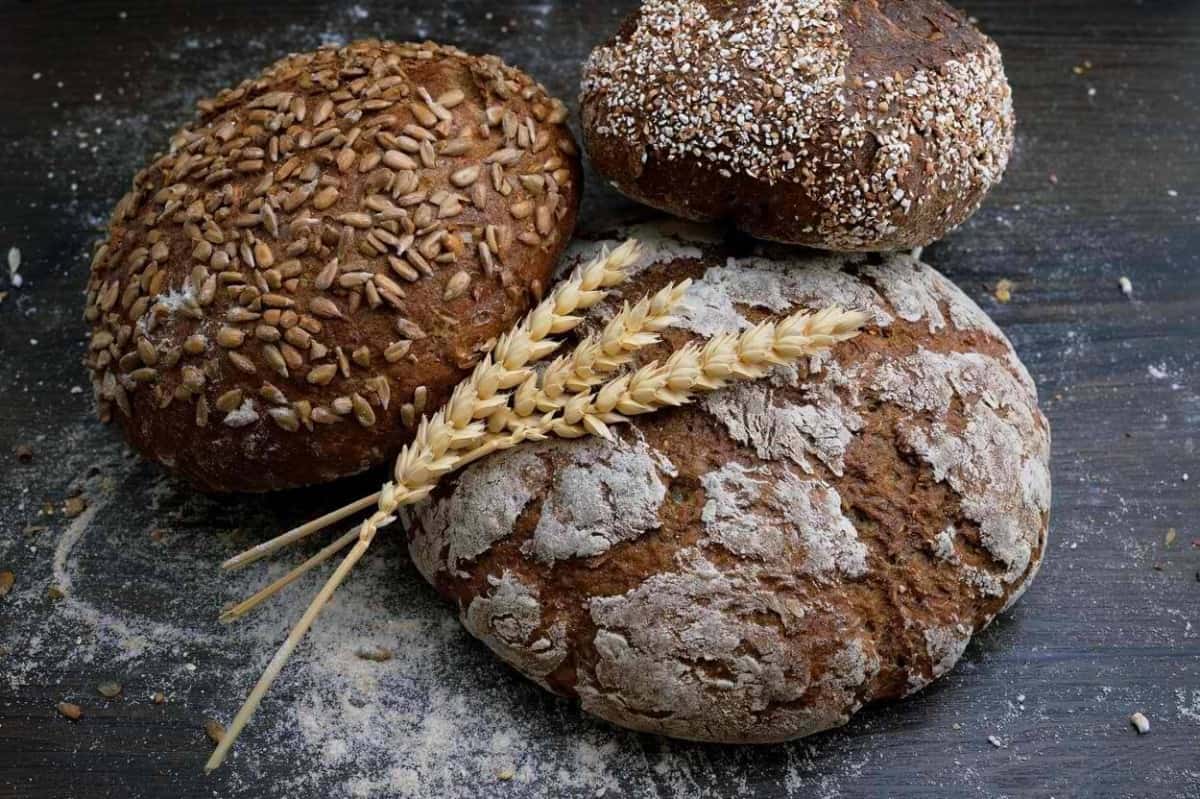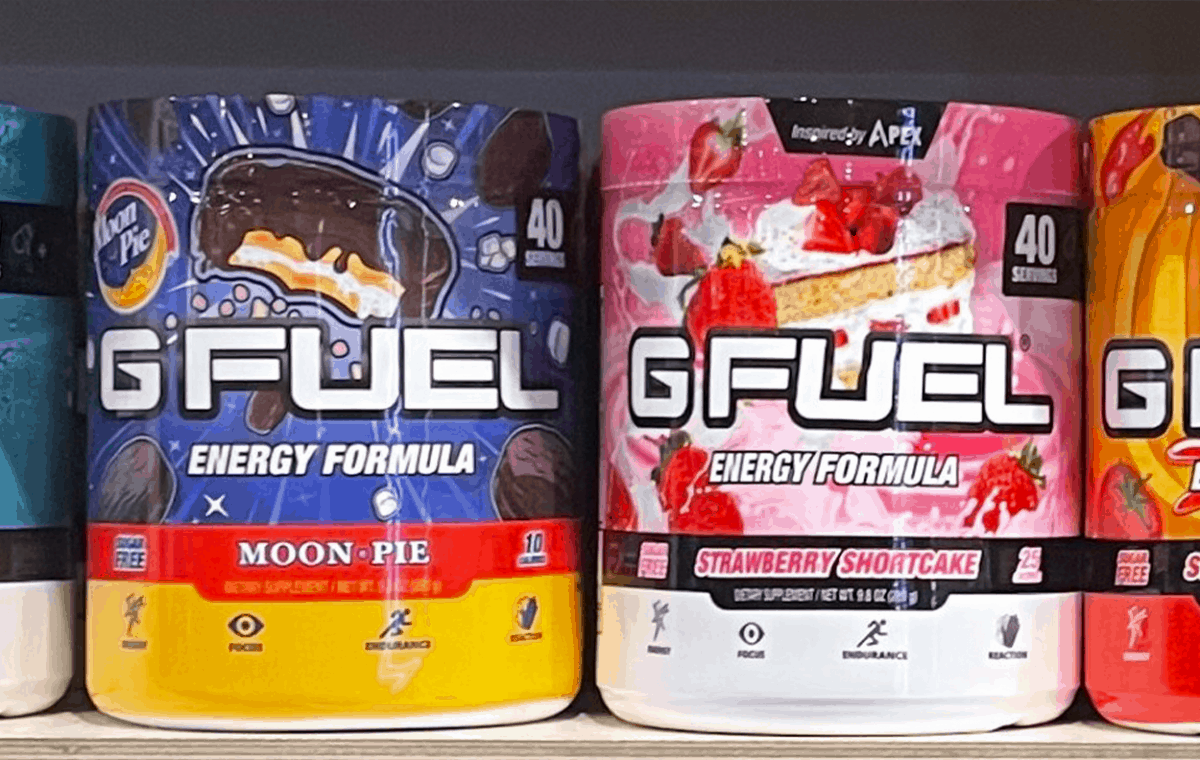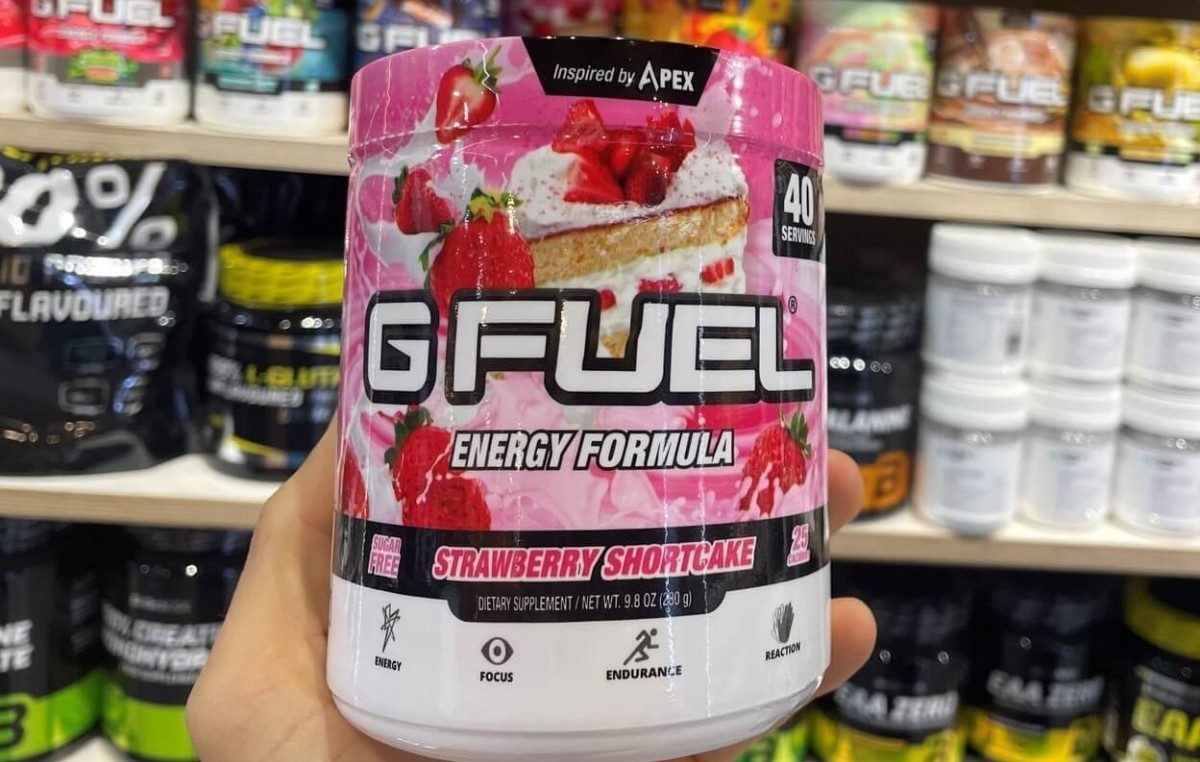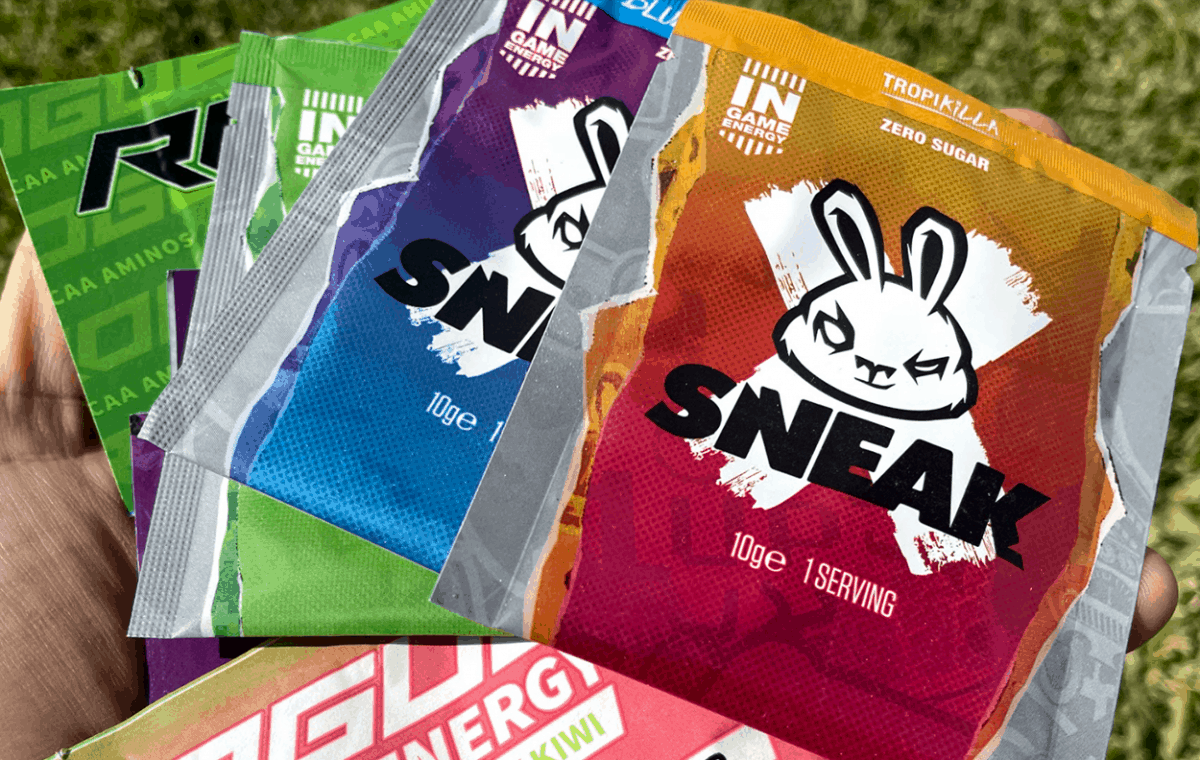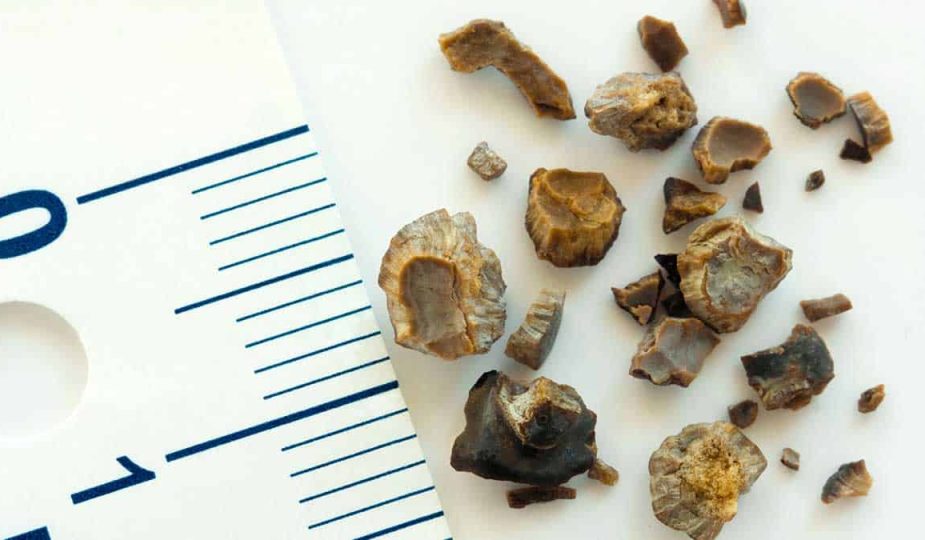
Can Energy Drink Powders Make Your Kidneys Hurt? (Must Know)
Staying hydrated is one of the simplest methods to keep your body healthy and energetic.
Of course, the ideal beverage to quench your thirst is water.
Energy powder drinks, on the other hand, can be the solution if you’re looking for something different from water because it might get boring after consumption for too long.
Powdered energy drinks have gained popularity during the past few years. By restoring your body’s depleted vital electrolytes, powdered energy drinks, like ready-to-drink energy drinks, help you stay hydrated and sustain your energy levels throughout the day.
Although users have reported numerous adverse events to the US Food and Drug Administration, including acute renal injury and severe hepatitis, the side effects of these powdered energy beverages have not been thoroughly examined.
Energy powdered drinks typically include caffeine, and excessive drinking can result in caffeine intoxication.
Although too much caffeine may result in dehydration, caffeine is also known to reduce water retention.
Contrary to popular opinion, drinking more water helps to prevent water retention. Kidney problems can be brought on by dehydration.
Electrolytes also serve as a benefit because their primary purpose is to control your fluid levels, which aids in keeping you hydrated.
Continue reading to learn more about how caffeine affects our bodies and its connection to abnormal kidney function and other health issues.
Contents
What Is A Kidney Failure?
When the kidneys cannot efficiently filter your blood of waste products and regulate the amount of fluid in your body, you experience kidney failure, commonly referred to as end-stage kidney disease.
Both acute and progressive kidney failure is possible.
Dialysis or a kidney transplant is required for those with renal failure to remain alive.
Up to 90% of kidney function can be lost before symptoms appear. The disease’s symptoms frequently go unnoticed until the kidneys are on the verge of failing.
Kidney disease symptoms may include:
- Loss of appetite
- Difficulty sleeping
- Headaches
- Lack of concentration
- Shortness of breath
- Nausea and vomiting
- Itching
- High Blood Pressure
Treatment Of Kidney Failure
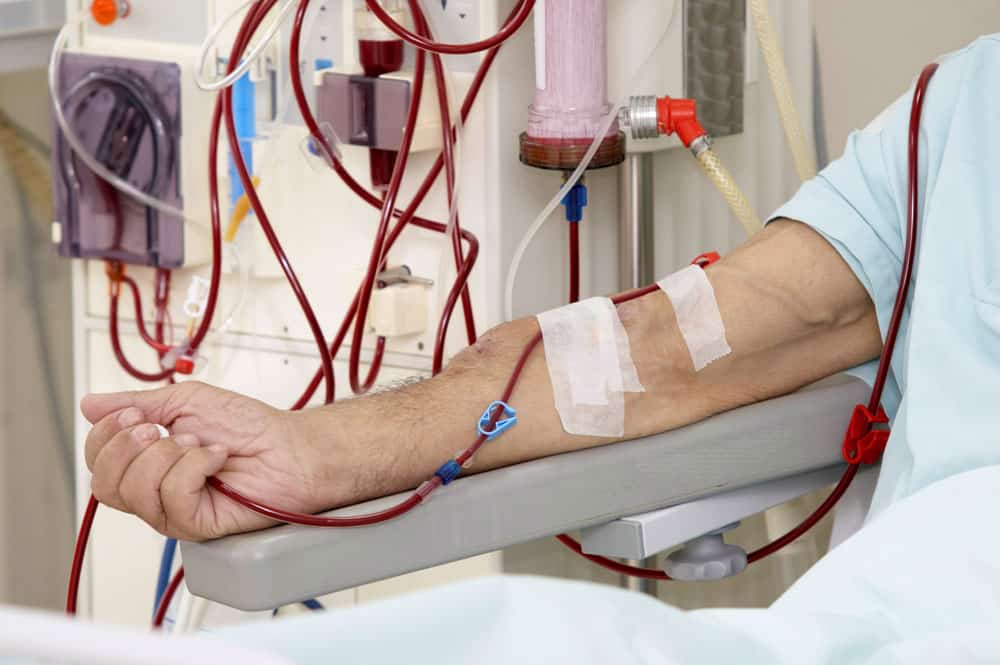
The following are some renal failure treatments:
When less than 10% of renal function is left, dialysis or a kidney transplant is required.
Renal replacement treatment is another name for these possibilities (RRT).
Instead of undergoing dialysis or a kidney transplant, some people prefer supportive care that is not dialysis-based.
Although it is not a cure, a kidney transplant is a treatment for renal failure. A transplant enables a more active lifestyle, freedom from dialysis, and reduced dietary and hydration limitations.
When a person has determined, in conjunction with their healthcare team, that the options of dialysis and transplant are not suitable for them, non-dialysis supportive care is the treatment option for kidney failure.
Your care is still being monitored and supported by medical personnel if you receive non-dialysis supportive care.
You can be prescribed drugs and a restricted diet to enhance your quality of life.
Ingredients In An Energy-Powdered Drink
Caffeine, taurine, glucuronolactone, B vitamins, guarana, ginseng, ginkgo Biloba, l-carnitine, carbohydrates, antioxidants, and trace minerals are the key components of energy powdered drinks.
- Citric Acid
- Sucralose
- Taurine
- Vitamins and B-Vitamins
- Caffeine
- Artificial Flavours
- Guarana Extract
- Green Tea Extract
| Citric Acid | It’s an antioxidant that’s found in nature. It’s used as a culinary flavoring and preservative, cosmetic ingredient, and cleaning product component. |
| Sucralose | It’s a calorie-free sweetener that can reduce added sugar intake while still allowing you to enjoy the taste of something sweet. |
| B-Vitamins | They aid in converting food into energy (metabolism), the formation of new blood cells, and maintaining healthy skin, brain, and other bodily structures. |
| Guarana Extract | Guarana is said to increase both physical and mental performance. |
| Ginseng Extract | Panax ginseng is used to treat memory and cognitive problems, Alzheimer’s disease, depression, and other ailments. |
| Green Tea Extract | Weight loss, blood sugar regulation, disease prevention, and workout recovery can all be aided. |
The results of a study suggest that taurine loading may lessen the increase in blood pressure brought on by fluid retention after DOCA-salt therapy.
Fluid retention may result from the drop in blood pressure and its impact on renal circulation.
Hydronephrosis may result from this as well.
The swelling of a kidney brought on by a buildup of urine is known as hydronephrosis.
It occurs when an impediment or blockage prevents urine from flowing freely from the kidney to the bladder.
One or both kidneys may experience hydronephrosis.
Patients with chronic renal disease have been consuming herbs that could damage their kidneys.
The RxWiki News People at risk for renal illness should avoid taking supplements containing specific herbs, such as ginseng.
The in question herbs are widely used and relatively widespread.
L-carnitine considerably improved renal function indicators like creatinine, BUN, and uric acid.
MSG administration has been demonstrated to cause renal impairment.
Does Caffeine Make Your Kidneys Hurt?
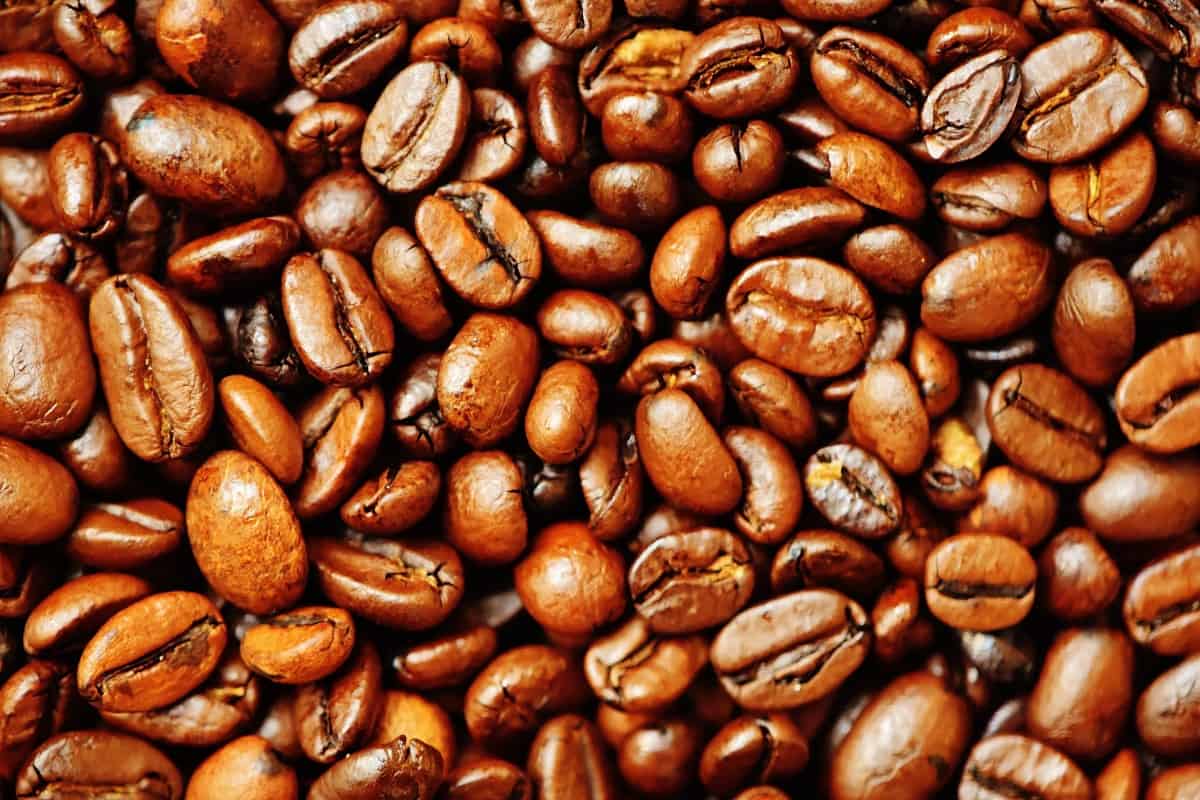
Yes, caffeine can make your kidneys hurt. Overall, as long as caffeine is eaten in moderation, it is unlikely to harm your kidneys.
The FDA has stated that 400 mg per day—is a level that is not typically linked to harmful, adverse effects.
Blood pressure briefly and abruptly rises in response to caffeine.
According to research, consuming three to four cans of energy drinks per day does not raise the risk of renal disease or the rate at which kidney function declines.
But it’s a good idea to moderate your coffee consumption.
Excessive coffee consumption and Kidney stones have both been connected.
Sugar And Kidney Failure
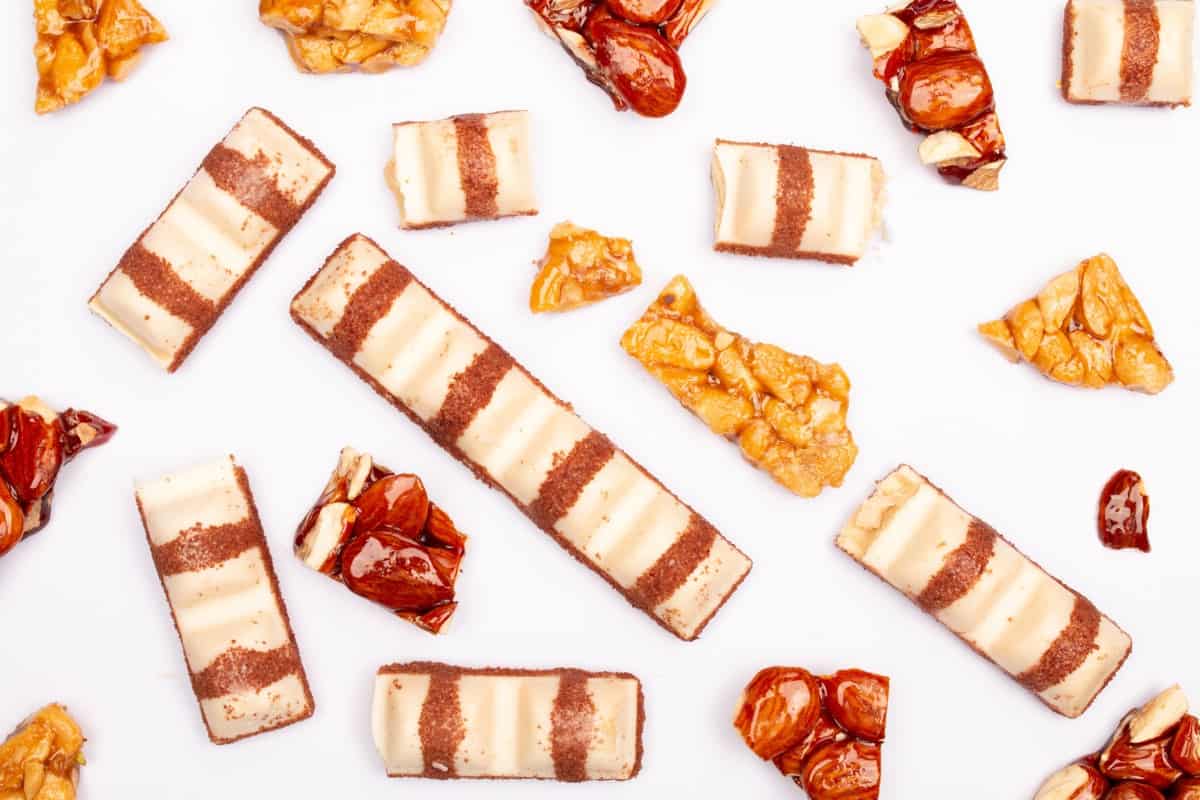
Numerous sodas and drinks made with energy powder are known for having a high concentration of empty calories from their added sugar.
The adverse effects of consuming too much sugar are widely known.
The American Heart Association (AHA) recommends a more challenging added-sugar limit of no more than 100 calories (or six teaspoons or 24 grams) per day for the majority of adult women and no more than 150 calories (or nine teaspoons or 36 grams) per day for the majority of adult men.
Nephrons, millions of these small filters, make up each kidney.
Diabetes-related elevated blood sugar over time can harm kidney blood vessels and nephrons, impairing their ability to function as they should.
High blood pressure is a common complication of diabetes, and it can also harm the kidneys.
The early stages of chronic kidney disease are typically characterized by neither symptoms nor indicators and take a very long time to develop.
Unless your doctor performs a test on you, you won’t be aware that you have kidney disease.
Can Energy Drink Powders Make Your Kidneys Hurt?
Yes, energy drink powder can hurt your kidneys if consumed excessively.
Many people who consume energy powder drinks are unaware that doing so increases your risk of developing kidney stones and other renal issues.
Patients seeking assistance with kidney stones and other kidney-related conditions like kidney infections and acute renal failure frequently turn to Allied Urology.
You don’t want to increase your chance of kidney damage unknowingly. If that happened, you might require a kidney transplant, a protracted, dangerous process.
It is advisable to drink plenty of water simultaneously while limiting the consumption of energy drink powder since the combination of caffeine and sugar poses a significant risk to your kidneys.
Electrolytes For Hydration
Electrolytes like sodium, magnesium, potassium, and calcium are present in most energy-powder drinks.
By preventing dehydration, they aid in the function of hydration.
The water content of your blood cells is regulated by electrolytes, which help sustain nerve and muscle function.
Electrolytes can have a positive or negative electrical charge.
Electrolytes are crucial if you frequently sweat due to exercise or medical conditions such as acute vomiting, diarrhea, or fever.
It would help if you consumed enough fluids to stay hydrated, which you may do by consuming foods like vegetables, and fruits with 85% to 95% water and regular water.
| Men | Women | |
| Recommended intake (per day) | 3.7 liters (15.5 cups) | 2.7 liters (11.5 cups) |
Famous Energy Powder Drinks
ZipFizz Energy
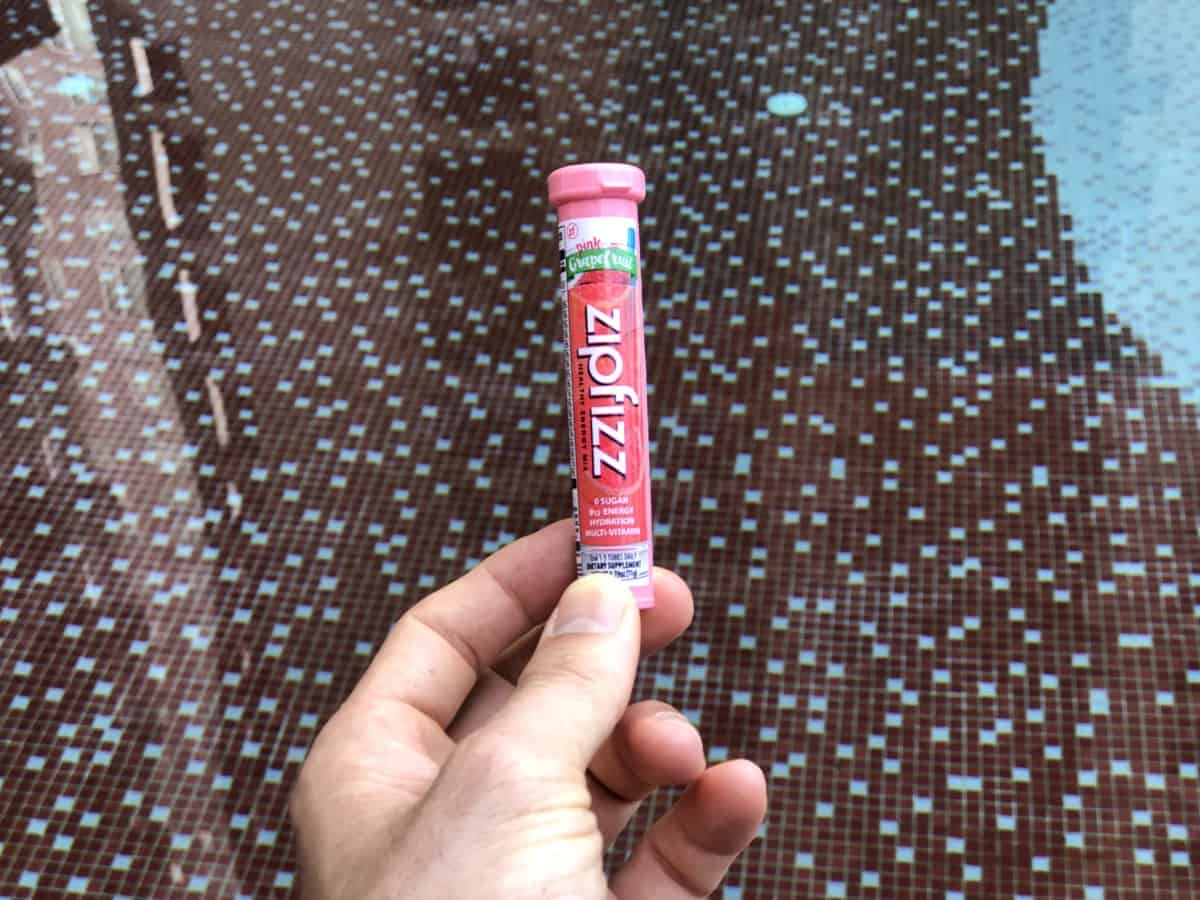
One-serving tubes of the powdered energy drink Zipfizz come in more than a dozen flavors.
There is only 100mg of caffeine in one serving of Zipfizz.
Therefore, there won’t be many adverse side effects.
With only 20 calories per serving and a lot of vitamins, amino acids, minerals, and electrolytes, Zipfizz is a healthy snack.
Zipfizz energy drinks appear to have natural ingredients, including guarana and green tea extract, making them a healthier choice.
Although the price of a tube of Zipfizz can vary depending on where you buy it and how much, I consider a line to be reasonably priced at around $2.
G Fuel Powder
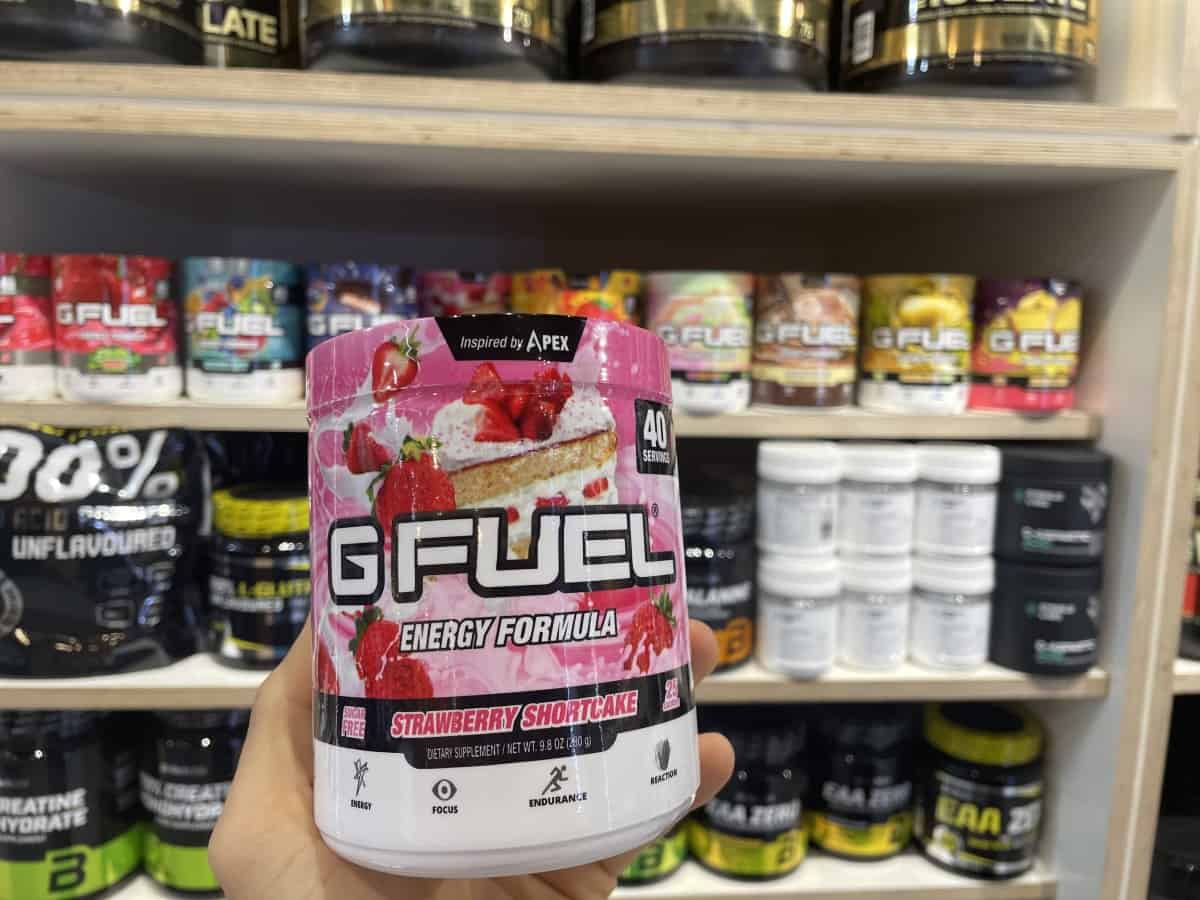
Three separate component blends make up G Fuel, each of which attempts to give you additional advantages, including energy, mental clarity, and health-promoting antioxidants.
G Fuel is sugar-free and provides about 25 calories per 7g serving.
Additionally, 150mg of caffeine, the ideal dosage to energize you for your workout, is present in each dose of G Fuel.
Natural nutrients like fruit extracts, seed powders, vitamins, and amino acids are present in them.
Without shipping charges or other factors, the price of a tub of G Fuel is approximately $36.
Given that one tub yields about 40 serve, I believe it is a fair price.
Conclusion
- Fluid loss over consumed quantity does not occur while drinking energy powders regularly. Although caffeine-containing beverages may have a mild diuretic effect and make you want to urinate more frequently, they don’t appear to raise the risk of dehydration.
- Simply put, energy powder drinks will aid in preventing water retention. The demand for caffeine to be flushed out demonstrates your body’s capacity to eliminate harmful remnants of any such chemical.
- On the other hand, some people may have insomnia and headaches after consuming energy drinks with powder. Some studies indicate that consuming a lot of caffeine while pregnant may increase your risk of preterm birth or miscarriage.
- Water is one of the most effective ways to stay hydrated. Therefore, I suggest drinking as much of it as possible during the day. It has no calories, no caffeine is affordable, and is simple to locate.




